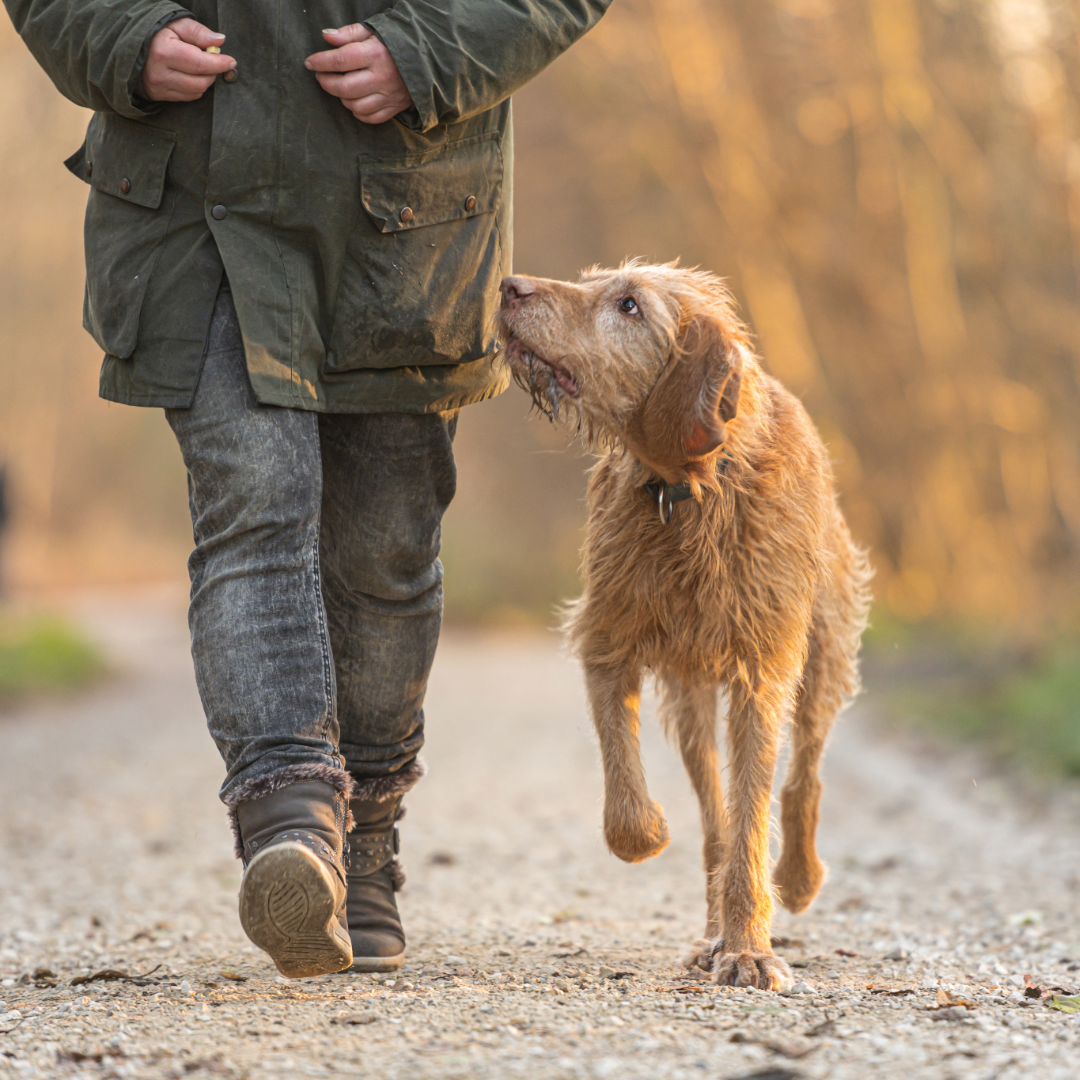
Caring for Senior Dogs: Diet, Exercise & Health Tips for Aging Pets
Share
Caring for Senior Dogs: How to Adapt Your Pet’s Lifestyle as They Age
Our dogs bring joy, comfort, and companionship throughout their lives. As they age, their needs change, and adjusting their care routine is essential to keep them healthy and happy. Caring for senior dogs involves more than just providing food and walks—it requires understanding their changing bodies, minds, and emotions. Whether your furry friend is 7, 10, or even 15, a little extra attention goes a long way in their golden years.
When Does a Dog Become a Senior?
Dogs are generally considered seniors around 7 years of age, though this varies by breed and size. Larger breeds often age faster, while smaller breeds can retain youthful energy for longer. Signs your dog is entering their senior years include:
- Slower movement or stiffness, especially after walks or play
- Reduced stamina or quicker fatigue
- Changes in appetite or weight, either loss or gain
- Cloudy eyes or reduced vision
- Hearing loss or slower response to commands
- Behavioral changes, like increased irritability or confusion
Recognizing these signs early helps you adjust your dog’s care and prevent potential health problems.
Adapting Your Senior Dog’s Diet
Nutrition is a cornerstone of senior dog care. Older dogs often need fewer calories but more specialized nutrients to support aging joints, organs, and cognitive health.
1. Switch to Senior Dog Food
Senior dog formulas are designed to support aging bodies. They typically contain:
- Lower calories to prevent weight gain
- High-quality protein to maintain muscle mass
- Omega-3 fatty acids for brain and coat health
- Antioxidants to support immune function
2. Support Joint Health
As dogs age, joint stiffness and arthritis become more common. Foods and supplements containing glucosamine, chondroitin, and omega-3 fatty acids can reduce inflammation and support mobility.
3. Monitor Weight
Obesity can worsen joint problems, heart disease, and diabetes. Regularly weigh your dog and adjust portions as needed. Consider low-calorie treats and avoid human snacks.
4. Hydration is Crucial
Older dogs may drink less, leading to dehydration. Always provide fresh water, and consider wet food to increase fluid intake.
5. Consider Digestive Support
Some senior dogs experience digestive changes. Probiotics or high-fiber foods can help maintain gut health and regular bowel movements.
Pro tip: Talk to your veterinarian before making significant dietary changes—they can recommend the best senior dog food based on your pet’s specific health needs.
Exercise for Senior Dogs
Exercise remains essential for physical health, mental stimulation, and weight management—even for senior dogs. However, their routine should be adjusted for aging joints and lower energy levels.
Gentle, Low-Impact Activities
- Short, frequent walks rather than one long outing
- Swimming or water therapy to reduce joint strain
- Interactive play like gentle fetch or tug-of-war
Mental Stimulation
Mental exercise is just as important as physical activity. Use:
- Puzzle toys to challenge their problem-solving skills
- Scent games to stimulate their noses and brains
- Training sessions to reinforce commands and provide mental engagement
Watch for Signs of Fatigue
Older dogs can overexert easily. Signs to watch for include:
- Excessive panting
- Limping or stiffness
- Reluctance to move or play
Adjust activity levels accordingly, and give plenty of rest between sessions.
Health Care Adjustments for Senior Dogs
Routine veterinary care becomes even more critical as your dog ages. Early detection can prevent serious health issues and improve quality of life.
1. Regular Check-Ups
- Twice-yearly exams help monitor heart, kidney, liver, and joint health
- Blood work and urine tests can catch issues before symptoms appear
2. Dental Care
Dental disease is common in older dogs and can affect appetite, mood, and overall health. Regular brushing, dental chews, or professional cleanings are recommended.
3. Vaccinations & Parasite Control
Senior dogs may have weaker immune systems, so keeping vaccinations up-to-date and protecting against fleas, ticks, and heartworm is essential.
4. Monitor Behavior & Mood
Changes in sleep patterns, irritability, confusion, or anxiety may indicate cognitive decline or medical issues. Consult your vet if you notice sudden behavioral changes.
Creating a Comfortable Home Environment
Senior dogs often need a little extra comfort and support at home. Simple adjustments can prevent injuries and improve quality of life.
- Orthopedic beds relieve pressure on joints
- Ramps or pet stairs help access beds, couches, or cars
- Non-slip surfaces prevent slips and falls
- Maintain a routine to reduce stress and confusion
- Warm resting spots are appreciated by dogs with arthritis
Even small environmental changes can make a big difference in their daily comfort.
Senior Dog Care Tips Checklist
Here’s a quick checklist to help ensure your senior dog’s golden years are happy and healthy:
✅ Switch to age-appropriate senior dog food
✅ Monitor weight and adjust portions
✅ Provide fresh water at all times
✅ Offer low-impact exercise and mental stimulation
✅ Schedule regular vet check-ups
✅ Maintain dental care
✅ Keep vaccinations and parasite prevention up-to-date
✅ Create a comfortable living space with orthopedic beds and ramps
✅ Monitor behavior and mood changes

Loving Your Senior Dog
Aging is a natural part of life, but it doesn’t mean your dog’s quality of life needs to decline. With thoughtful care, gentle exercise, proper nutrition, and regular vet visits, senior dogs can enjoy many happy, healthy years. Cherish these moments—they often deepen the bond you share with your furry friend.
